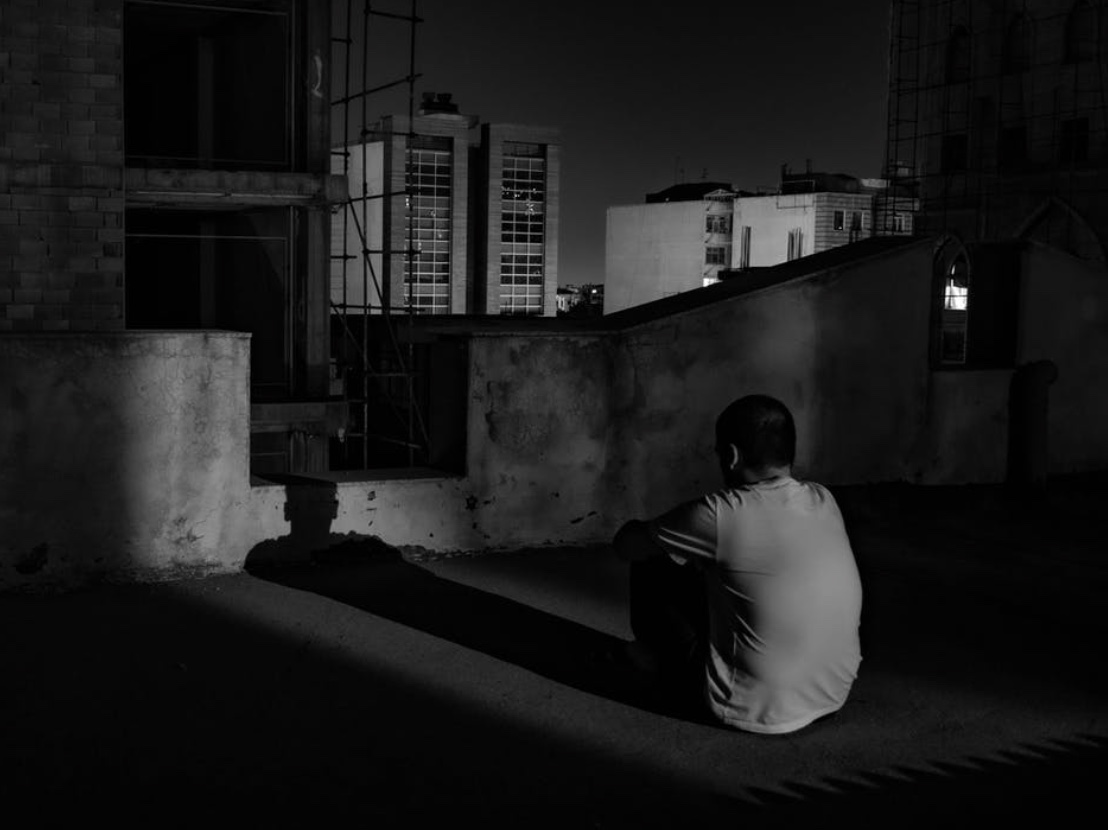Sometimes, life does not really feel like a bed of roses, and it does give you lemons. These ups and downs often leave a deep impression on humans. People often struggle to focus, lose interest in enjoyable activities, tend to forget things, or may even attempt to harm themselves. Depression is a common experience all around the world and is different from the usual mood swings. Those who experience adversity in their lives, such as psychological distress, grief, or unemployment, are more likely to develop depression. It can make the person struggle a lot and perform poorly at school, job, and home. Depression can lead to increased frustration and stress, worsening the affected person’s conditions. It can often lead to dysfunction and disorientation, thus affecting their mental and physical health negatively.
Depression can let you feel exhausted and drained all the time. It is considered a serious condition and can affect your ability to perform day-to-day activities. However, it is treatable. Small steps and minor lifestyle changes can help individuals feel better. Managing depression takes time. In this article, we will discuss the tips that an individual can adopt in order to combat depression and enjoy life at the most.
1. Consulting A Mental Health Counselor
Counseling or psychotherapy has proven to be effective for depression. If you feel you need professional help to ward off your depression, mental health counseling could be the perfect thing for you. An lmhc (Licensed Mental Health Counselor) can be a good option for those who seek solutions for their mental health issues. The need to see a doctor or a counselor for treating depression cannot be emphasized enough. A counselor can offer support, advice, and medical treatment alternatives. When it comes to mild to severe depression, “talk therapy” is frequently the initial step. It does take a little time to find the right therapist or a counselor. You might need to meet with a few folks before you locate someone with whom you can form the ideal working relationship. At the same time, it is critical to exercise patience and be receptive to the process.
2. Get Glued To It
Keep in mind that treatments usually take time, and counselors aren’t magicians. Even with medications, the same is the case. There is a period of four to six weeks for antidepressants to work. So, maintain your focus and stick to the treatment or talk therapy. Treatment for depression works around 70-80% of the time when the proper drug is given at the appropriate dose to a depressed individual. You and your consultant may need to try a few different therapies before finding the one that works best for you. So, don’t lose hope. Give your treatments some time to work for you before comprehending the effectiveness.
3. Do As Directed
Follow your doctor’s instructions about how to take your medications. Get a weekly pillbox to keep track of your medications and see whether you’ve forgotten to take them. Without your doctor’s permission, don’t stop taking your medicine. Don’t think that once you feel better, you’ll be able to quit taking your medication. Side effects are possible if you quit abruptly.
4. Lifestyle Modifications
The patient, on their own, can subsidize the effects of depression by making minor alterations in lifestyle habits. If you are fighting depression, try to eat healthy food, add fruits to your diet, and stay away from alcohol and drugs. A good night’s sleep and a little exercise can also bring about a significant difference in your life. It can help reduce stress and increase the emotional well-being of individuals. Yoga, meditation, and a jog are all good options to consider. You will be surprised by how these small changes can bring up a drastic shift in your life.
5. Try Something New
In your fight against depression, you can feel lethargic, and life seems colorless. So, make an effort to try something new. Go for a walk, visit a friend, read a book, paint something, dance, or even watch an entertaining movie to change the mood. When we try something new, it not only modifies our thoughts arising at the moment but also encourages the chemical changes happening in our brain. These chemical changes are linked to the enjoyment, pleasure, and learning of human beings.
Verdict
Depression is more just mood fluctuations and is a treatable disorder. During depression, you might feel like giving up or that you will never get better. These feelings are a sign of your illness. Minor lifestyle adjustments, talk therapy, coping skills, and medicines can help people recover from depressive episodes. If depressive symptoms last for longer than two weeks, you should seek medical assistance. If you lack stability, you may be more likely to become overwhelmed and resort to negative coping techniques, but being resilient can help you cope better. We wish you all the best!

